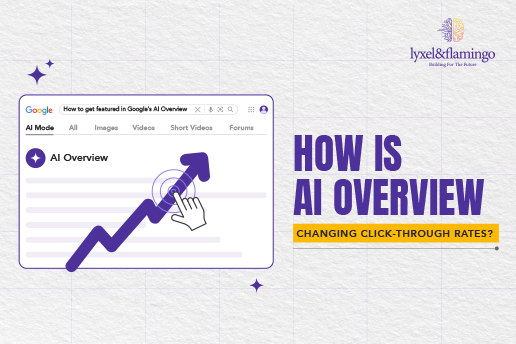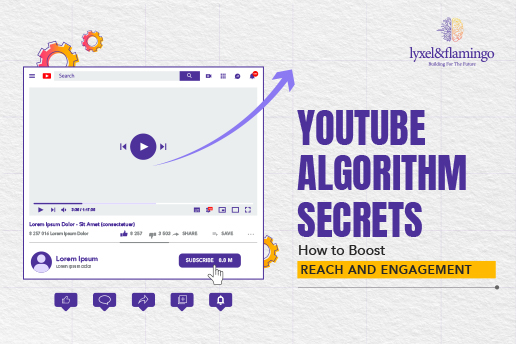Despite the excellent and thorough content on your website, frequently asked questions (FAQs) certainly boost your SEO rankings. A well-created FAQ section is a win-win for both users and search engines. It provides valuable answers to user queries, improves site navigation, and supports your broader content marketing strategy by enhancing user engagement and retention.
When done right, FAQ pages become a powerful SEO tool, helping your content rank higher on Google. But if done poorly, they can turn into an information dump with broken links, incomplete answers, and no clear value. That’s why making your FAQs valid, structured, and SEO-friendly is critical.
Let’s explore what FAQs are, how they influence SEO rankings, and how they serve as a core part of your content marketing strategy.
What are FAQs, and how are they good for SEO?
The FAQ page is a place on your website where you answer all the common questions about your niche. In addition to guiding them, these answers can also lead them to the right place on the website. Optimized and SEO-friendly content is crucial here. A well-written FAQ will help the buyer along the journey and provide a first point of contact for future buyers. Moreover, the main goal for SEO and FAQ is the same: to provide the best answer to audience questions.
As per Google, almost 20% of the searches are voice related. All the users are looking for quick and easy answers to their questions. It is the primary goal of FAQ, and in this way, it can attract tons of traffic to your website. Businesses consider it an excellent content marketing strategy.
Here are some significant benefits of an FAQ on the website:
- It brings in potentially interested customers and generates faith in your business.
- It is extremely helpful with refund requests and customer service inquiries.
- It improves Google’s ranking as Google considers the factor that your website is helping users find relevant answers. Further, it helps them to take an informed decision in the future.
Hence, to get the most benefit out of your FAQ content, let’s look at some guidelines and tips.
Guidelines for creating SEO-friendly FAQs.
Now, you probably agree that FAQs are essential for the website. Have you decided to create one for your website or improve the existing one? Then you need a well-planned content marketing strategy to create an FAQ section. Hereafter, follow these structured guidelines to make sure you can answer all the related questions as well as rank on Google’s first page:
- Identify all the questions users will have in your niche.
- Provide a complete and precise answer to each question.
- Organise the page to provide the best user experience (UX).
- Ensure that pages are optimized for SEO in terms of title tags and meta descriptions.
- Set up the FAQ schema on the pages.
Let’s look at each step in more detail in the article.
Identify all the questions users will have in your niche.
It is crucial to find the right FAQ before creating the FAQ document. Providing relevant information about your products and services will generate leads. It requires extensive planning, research, and a strategy. The first step is to gather all the questions the user can ask from different resources. To find out what users are searching for is a brainstorming exercise. Here are some tips for researching the data:
Members of the internal team: The best way to know what users are looking for is to ask your frontline team directly. Your internal sales team and customer representatives deal with the users regularly. They are usually bombarded with many questions and act as a valuable source of information. Find out what the most common questions are from your internal team.
Customer Feedback and Reviews: Customer feedback and reviews are also helpful in finding what a user wants to know. Collecting user feedback and reviews is a good strategy for the business.
Site searches and chat logs: Start analysing the chat logs and data of the site search. It will give a clearer picture of what a user is looking for. Check the Google Search Console queries to know what question phrases are getting clicks.
Reddit, Quora, and Other Forums: Check the online forums to see what the most common questions are related to your niche.
Results of People Also Ask (PAA): Check the PAA boxes on the SERP page to fill in the gaps. For relevant keywords, the PAA section displays a closely related question.
Provide a complete and precise answer to each question.
Once you are ready with a complete list of the most common questions in your niche next step is to answer. To find the answers to the questions, you must research the existing information. Most of the answers will be in your website content. You need to revise it in the answers to avoid duplication. Your answers need to be complete, precise, and clear. Users navigate to FAQs for quick answers, so you don’t want them to waste their time researching. For this, give all the relevant information and keep it short to 2-3 sentences. Make use of internal linking to direct users to the correct content on your website for more detailed information.
Organise the FAQ to provide the best user experience (UX).
After you have prepared the most common questions and answers related to your business, you need to organise this information. Here, your goal is to provide the best user experience (UX). You need to make it easy for the user to get what he is searching for. It will make the user stay for a long time on your website and might lead to conversion. The most common mistake here is to dump all the FAQs on a single page. It leads to poor UX, where users need to scroll to the bottom to find some answers. Also, it is not a good SEO practice.
The best way is to categorise the FAQ into different topics. As a result, your FAQ page becomes a hub from which users can navigate to other relevant pages. Another option is to put a search bar on the main page to allow the user to search in the FAQ hub. Also, multiple pages based on different categories and topics are beneficial for SEO.
Ensure that FAQ pages are optimized for SEO.
For multiple pages, you need to optimise all the pages with relevant keywords in the title tag and meta description of each page. The title tag tells the search engine and the user what the page is about. A meta description is not a ranking factor, but it affects the click-through rate (CTR). Optimising pages according to on-page SEO guidelines will help the user understand what each page is about.
Set up the FAQ schema on the pages.
Finally, you can add an FAQ schema to your FAQ content. The FAQ schema means adding structured data to the head of your HTML page. It will make your pages qualified to have featured snippets on the SERPs. Overall, it will improve Google crawling, boost CTR, and gain more SERP real estate. Adding the FAQ schema is a straightforward step-by-step process. You can create the FAQ schema for the pages, validate and implement it. You can look for detailed articles on the FAQ schema for more help.
Regularly check website analytics.
Once the FAQ content marketing strategy is ready, keep all the above guidelines in mind. Next is to check the analytics of the website regularly. It will tell whether the FAQ page is getting traffic to your website. Based on the analytics result, you can fine-tune the FAQ content for better results.
FAQ: What are the Best SEO Benefits?
You now know how to improve your SEO rankings with the help of an FAQ. However, it has many more hidden benefits other than the SEO benefits. Some of them are:
- Getting answers to the most common questions will reduce the chats and calls to customer support and the internal sales team. Reduce the stress on the customer support staff.
- Internal linking to the relevant information leads to better keyword SEO ranking and conversion rates. It boosts user trust in your business.
- SEO optimisation of each FAQ section using title tags and meta descriptions based on topic keywords can enhance organic traffic.
- By incorporating PAA results into FAQ results, you can own the PAA snippets.
Wrapping Up
An effective FAQ page is more than a customer service tool, it’s a strategic content marketing strategy and a proven driver of SEO rankings.
In addition, it will educate your internal team and yourself more as you create the FAQ list. Also, the user will get a clear picture of your product and services.
A well-optimised and well-researched FAQ page answers relevant questions understandably for users and search engines. Are you using the FAQ correctly for your business? If not, please follow the guidelines and strategy mentioned above to create your FAQ.









